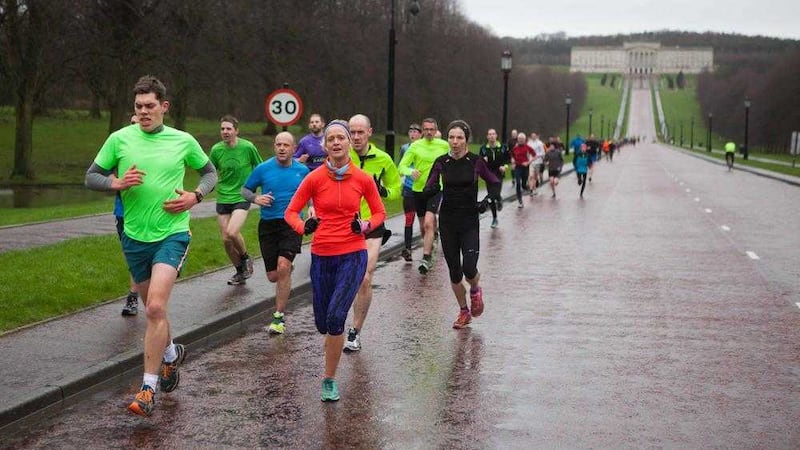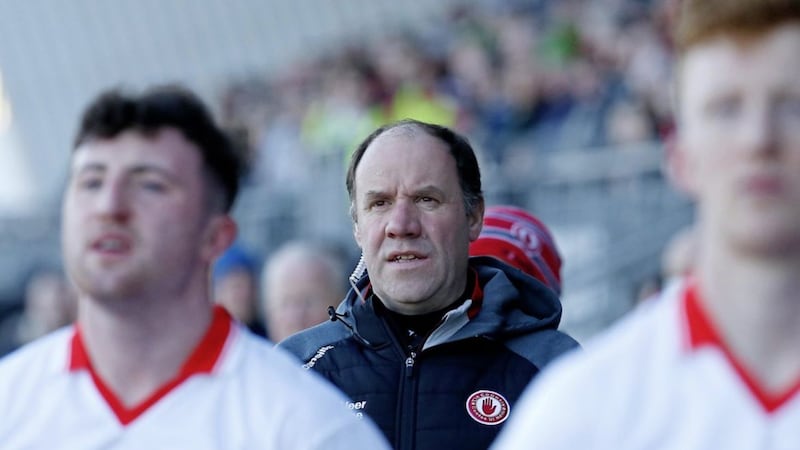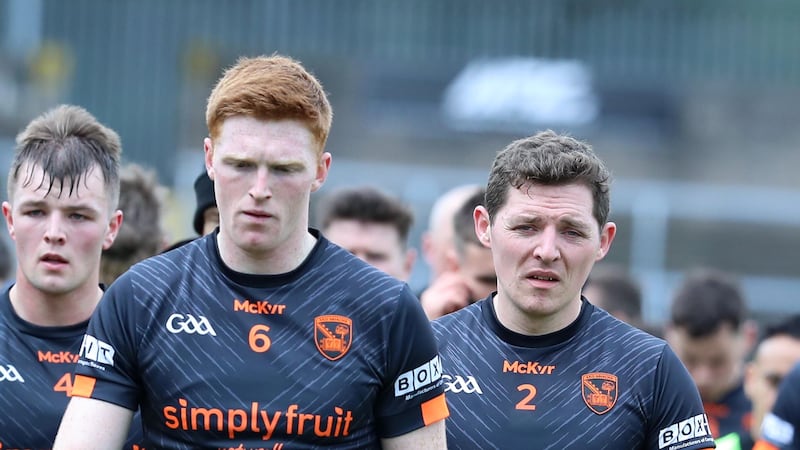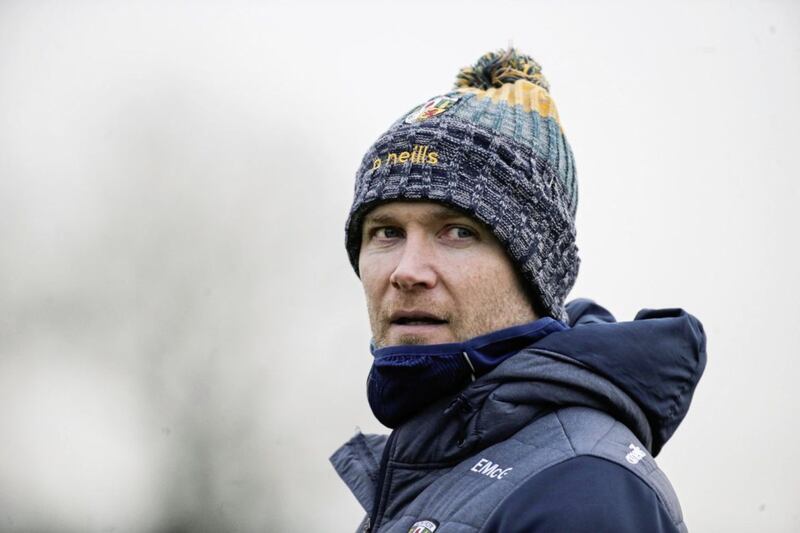Exercise is as beneficial to the mind as it is to the body. I'd go further and say that it has an abundance of psychological benefits particularly as an antidote to the pressures of modern living.
Despite all the media coverage there remains a stigma on mental fragility and mental illness. I make a distinction as one refers to a time when one's mind is racing and you cannot see the wood for the trees whilst the latter refers to the clinical descriptors of low mood and so on. One form can be as debilitating as theother.
People don't talk about it the way they should. Minor issues fester into larger ones. Non-problems become all-consuming. People experiencing these feelings find it difficult to seek out help as their thought processes can be impaired and their motivation for self-help is diminished. I sometimes hear stories of how some folk tackle the insignificant issues as a coping mechanism for ignoring the bigger issues. Eventually the big issue is so great it cannot be ignored. This is the stage when help is most definitely needed. Yet, it is much better to be proactive and exercise.
I'm a huge advocate of casual exercise. It is the number one stress buster when work or relationships can get you down. We can pay to engage in exercise in gyms or it can be completely free if you choose to exercise outdoors. Either way, every person should make time for exercise before it makes its way into their lives.
In November 2004 I honeymooned in Sydney. As my wife and I soaked up the beaming sun and I acclimatised to wearing flip flops without football socks we were struck by the numbers of people who ran around the picturesque Hyde Park that nestles in the centre of Sydney. There were young people, men and women of all shapes and sizes, people running on their own, some in tandem, many walking and others moving at pace.
Running or exercise outside of the traditional organised sports was practically unheard of back home at that time. Roll on 13 years and Ireland has moved with the times. Much of this explosion of exercise has to do with the development the triathlon events and the normalisation of people running roadside in lycra-type clothing. It is fashionable to be in running club or a cycling club. Moreover, it is acceptable for people over the ages of 35. Parks such as Gosford Park or Ormeau Park is awash with people exercising. Some fit in a run at the crack of dawn, others when their day's work in done.
I prefer to run in the company of others. As the conversation flows it is amazing what distance one can cover. Five miles on your own can seem like a chore whereas it passes by so quickly when the craic is good. Exercise is a form of therapy. It is my experience that I feel less inhibited when exercising and I'm more likely to utter something which is bothering me. Furthermore, the problem never seems so bad once it is out in the open. I'm a conscript to the old adage 'a problem shared is a problem halved'. With the right company a 50 minute run can be the best form of therapy. Sometimes you don't even have to talk to feel the benefits.
One of my running mates, Seamie, is the type of guy who opens his mouth before he opens his eyes each morning. He can jump out of his car laughing at something that he heard on the radio and, so long as you mumble 'yea' or 'really' at the right times, he would spend the remainder of the time recounting one story after another. By the end of the run either you feel that all your troubles have been resolved or that someone else's issues are far greater than yours. The company of some people is priceless.
This past few weeks we have seen several communities across Ireland suffer the loss of people through mental ill-health, often by suicide. It is an affliction which impacts on the whole community and crosses all artificial divides. The traditional sports such as GAA, soccer and rugby have a huge role to play in prevention and health promotion. In the past 12 months the governments both North and South have been heavily lobbied to increase funding for mental health with limited success. I see sports organisations and local councils as critical components of any proactive/preventative strategic strands.
There is an endless amount of evidenced based research to add weight to their bid for funding but from a distance, it appears to me that the shift left needed is too great a step to achieve within the current envelope of funding. Tokenism towards true prevention rooted in sports organisations, among other community organisations, is as damaging as an absence of funding. When you think about it, a good idea poorly funded and executed will quickly lose favour with the public. This is where sport and politics cross path for better or worse.








